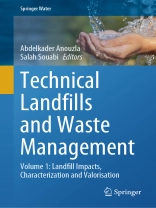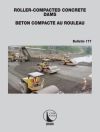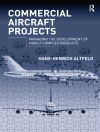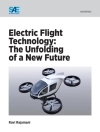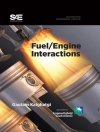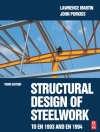A ‘zero waste’ society and the ‘circular economy’ trend are urgently needed. Even if achieving 100% trash recycling and a fully circular economy may not always be attainable, aiming toward this goal might result in a sustainable future. Municipal solid wastes pose a hazard to the environment because of open burning, landfills, reckless disposal, and many other factors. Waste is being thrown away in more significant quantities and is made up of several different materials. Municipal solid waste (MSW) characteristics must be carefully considered when developing, implementing, or modifying solid waste management systems. Local waste variables that vary with cultural, climatic, socioeconomic, and institutional capacities are crucial for developing efficient waste management techniques.
This book provides a comprehensive overview of landfills’ situation, their categories, and the types of garbage they receive. The final section of the study provides an overview of prospective waste management techniques, their restrictions, and the potential areas for further research on landfill sites. This book has the advantage that world-class experts in their respective fields have written each chapter. As a result, this book presents a balanced picture across the whole spectrum of chapters on municipal solid wastes.
विषयसूची
Chapter 1: Electrical and electromagnetic prospecting for the characterization of municipal waste landfills: A review.- Chapter 2: Characteristics and impacts of municipal solid waste (MSW).- Chapter 3: Characteristics and Impact Assessment of Municipal Solid Waste (MSW).- Chapter 4: Characteristics and Impacts of Municipal Solid Waste (MSW): A Review.- Chapter 5: An Overview on Municipal Solid Waste Characteristics and Its Impacts on Environment and Human Health.- Chapter 6: Landfills in Developing Economies: Drivers, Challenges, and Sustainable Solutions.- Chapter 7: The Environmental Pressure by Open dumpsites and Way Forward.- Chapter 8: Assessing two sanitary landfills in the West Bank of Palestine: Current situation and future obstacles.- Chapter 9: Industrial solid wastes and environment: an overview on global generation, implications, and available management options.- Chapter 10: Micro/Nanoplastics Pollution from Landfill Sites:A Comprehensive Review on the Formation, Distribution, Effects and Potential Mitigation
लेखक के बारे में
Dr. Abdelkader Anouzla received his Ph.D. in Science & Technology at Hassan II University -Faculty of Science and Technology Mohammedia, specializing in water treatment. Dr. Abdelkader ANOUZLA has published almost 60 peer-reviewed articles and four books. As well as being an invited guest speaker at several conferences, he has also published numerous proceedings. He has experience in the areas of Water and wastewater, Solid Waste Management, Environmental Chemistry, Pollutants in soil, study and characterization of waste, and recycling and reuse of waste to produce new materials, air Pollution.
Prof. Salah Souabi PHD water and waste treatment works at the Hassan II University in Mohammedia, the Laboratory of Process and Environmental Engineering of Morocco’s Faculty of Science and Technology. Prof. Souabi is responsible for a research team on managing liquid and solid discharges, with 152 articles published in international journals and 22 book chapters. He is the publisher of three books.
Salah conducts research in water and waste treatment, optimization of treatment conditions of wastewater treatment plants, treatment of leachate discharges, sorting of solid waste, management of technical landfills, operation of wastewater treatment plants, composting of solid waste and sludge from wastewater treatment plants using composts in agroecology.
